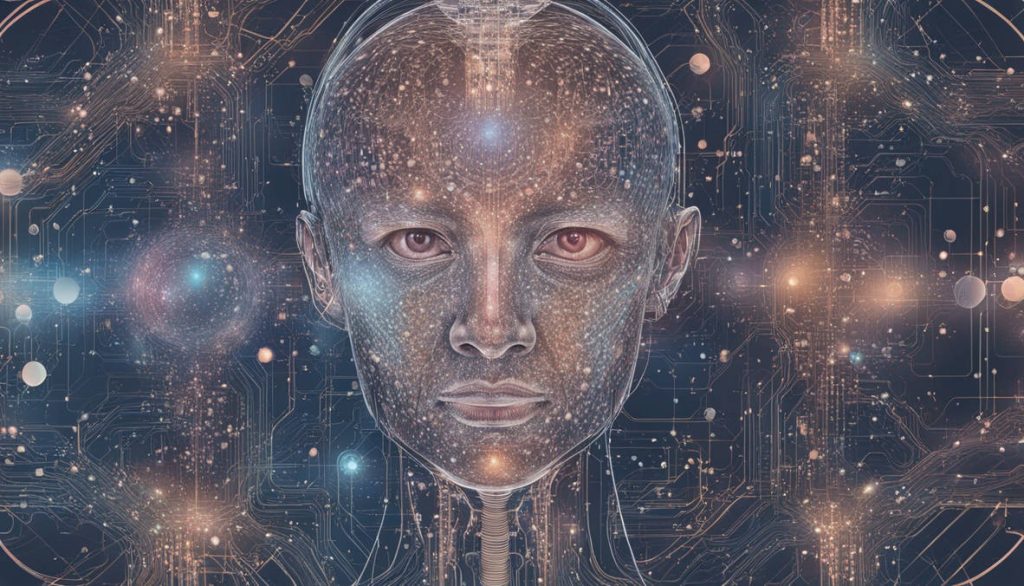Artificial Intelligence (AI) has rapidly evolved over the past decade, becoming an integral part of various industries and daily life. From automating mundane tasks to driving complex decision-making processes, AI’s influence is undeniable. However, as AI technologies continue to develop, their impact on job markets and employment landscapes has become a topic of intense debate. While AI brings opportunities for innovation and efficiency, it also raises concerns about job displacement, skill gaps, and economic inequality.
The Positive Impact of AI on Employment
- Job Creation in Emerging Sectors: AI has given rise to entirely new industries and job roles. Positions such as AI specialists, data scientists, machine learning engineers, and AI ethicists did not exist a decade ago. The demand for these roles is increasing as companies integrate AI into their operations.
- Enhanced Productivity and Efficiency: AI can handle repetitive and time-consuming tasks, allowing human workers to focus on higher-value activities. This boost in productivity can lead to business growth and, subsequently, more employment opportunities.
- Support for Creative and Complex Roles: In fields like healthcare, education, and research, AI acts as an assistant, providing insights and automating processes that enhance human capabilities rather than replace them.
- Upskilling and Reskilling Opportunities: As AI transforms industries, it also creates a demand for new skill sets. This drives educational institutions and businesses to offer training programs, helping workers transition into new roles within the AI ecosystem.
The Negative Impact of AI on Employment
- Job Displacement Due to Automation: Routine and manual jobs are most at risk of being replaced by AI-driven automation. Industries such as manufacturing, retail, and customer service have already seen significant shifts due to automated systems and robots.
- Widening Skill Gap: The rapid advancement of AI technologies may outpace the ability of the workforce to adapt. Many workers may find their skills outdated, leading to unemployment or underemployment if reskilling opportunities are not available.
- Economic Inequality: The benefits of AI may not be evenly distributed. High-skilled workers and tech-savvy professionals may thrive, while those in low-skilled jobs may face economic hardships.
- Dependency on Technology: As businesses rely more on AI, there is a risk of over-dependency, which could lead to job losses if AI systems fail or are mismanaged.
The Role of Machine Learning Companies in India
India has emerged as a hub for AI and machine learning development companies. These organizations play a crucial role in driving AI adoption across industries, providing innovative solutions that enhance business operations and contribute to job creation. Leading machine learning companies in India not only develop cutting-edge technologies but also offer employment opportunities in fields such as software development, data analysis, and AI research.
Balancing the Pros and Cons
- Policy Interventions: Governments need to implement policies that support workers impacted by AI-driven changes. This includes unemployment benefits, reskilling programs, and incentives for businesses that create human-centered job opportunities.
- Education and Training: Educational institutions must update curricula to include AI and digital literacy, ensuring the future workforce is prepared for the evolving job market.
- Business Responsibility: Companies adopting AI should consider strategies to redeploy workers instead of replacing them. Providing training and upskilling programs can help maintain a balanced workforce.
- Ethical Considerations: As AI transforms industries, ethical considerations around job displacement, worker rights, and economic impacts must be addressed to create a fair and inclusive job market.
Conclusion
AI’s impact on job markets and employment is multifaceted, offering both opportunities and challenges. While it has the potential to create new roles and drive productivity, it also poses risks of job displacement and economic inequality. By proactively addressing these challenges through policy, education, and ethical practices, societies can harness the power of AI to build a future where technology and human talent thrive together. Ultimately, the goal should be to create an adaptable workforce that is resilient to the evolving demands of an AI-driven world.read more regic.net



